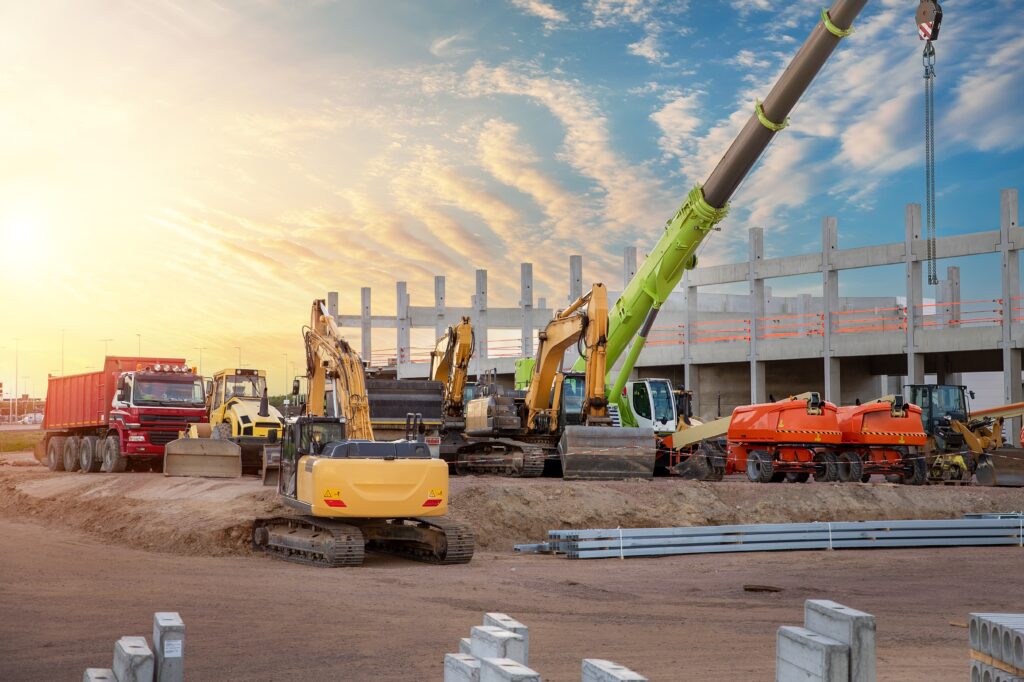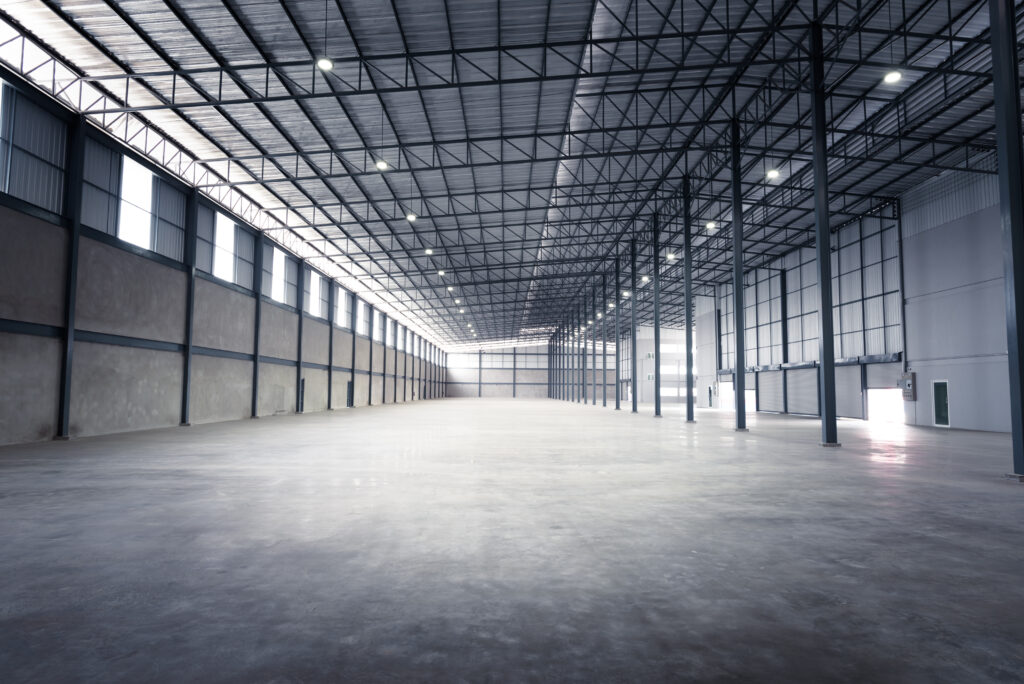
The warehouse plays a crucial role in the supply chain and storing goods for various industries. Constructing a commercial warehouse requires careful planning, a skilled workforce (like a commercial construction company), and the right materials to ensure durability, functionality, and longevity.
In this blog, we will discuss the key materials you need for building a commercial warehouse.
Structural Steel:
Structural steel is the backbone of any commercial warehouse. It provides the framework for the entire structure, offering the necessary strength and stability to support heavy loads. A warehouse’s framework is constructed from high-quality steel beams, columns, and trusses. Because steel is durable, versatile, and fire- and pest-resistant, it is preferred over other materials.
Roofing Materials:
The choice of roofing materials is critical for maintaining the integrity of your commercial warehouse. Depending on your budget and requirements, you can opt for various roofing options, including:
Metal Roofing:
Metal roofing is popular due to its longevity, weather resistance, and low maintenance requirements. It comes in various styles and finishes.
TPO or PVC Membrane:
These single-ply roofing membranes offer excellent waterproofing and energy efficiency. They are suitable for flat or low-sloped roofs.
Built-Up Roofing (BUR):
BUR consists of multiple layers of asphalt and reinforcement materials, providing durability and weather resistance.
Concrete:
Concrete is ideal for foundations, floorings, and walls in warehouse construction. In addition to its stability, concrete provides a structure with greater strength and firmness. Unlike other types of foundations, they do not shift with the movement of the soil beneath the structure. Key uses of concrete include:
Foundation:
A robust concrete foundation is crucial for distributing the weight of the warehouse evenly and preventing settling or cracking.
Flooring:
Durable concrete floors are essential for withstanding heavy loads, vehicle traffic, and potential spills. Polished concrete is a popular choice for its strength and ease of maintenance.
Walls:
Concrete or concrete block walls provide security, insulation, and fire resistance. They also act as a barrier against the elements and unwanted intruders.

Insulation:
Proper insulation is vital for maintaining a controlled interior environment in your commercial warehouse. Insulation materials like fiberglass, foam board, or spray foam help regulate temperature and reduce energy costs. The insulation choice should align with your warehouse’s specific requirements, such as temperature-sensitive storage.
Doors and Windows:
Commercial warehouses often require large doors and windows to facilitate access and natural lighting. Materials for doors may include steel roll-up doors or insulated sectional doors. Energy-efficient windows can help reduce lighting and heating costs while providing adequate visibility inside the warehouse.
Electrical and Lighting Components:
A functional commercial warehouse requires adequate electrical components, including wiring, outlets, and lighting fixtures. LED lighting is popular for its energy efficiency and safety, as it provides ample, long-lasting lighting. There may also be a need for emergency lighting and fire alarm systems to ensure safety.
Constructing a commercial warehouse involves carefully considering materials to ensure the structure’s durability, functionality, and compliance with industry standards. Choosing the right materials for structural components, roofing, concrete work, insulation, doors, and electrical systems allows you to create a commercial warehouse that meets your business needs and stands the test of time. Collaborate with the experienced professionals at Division 9 Commercial Construction can help you make informed decisions and achieve a successful warehouse project.
